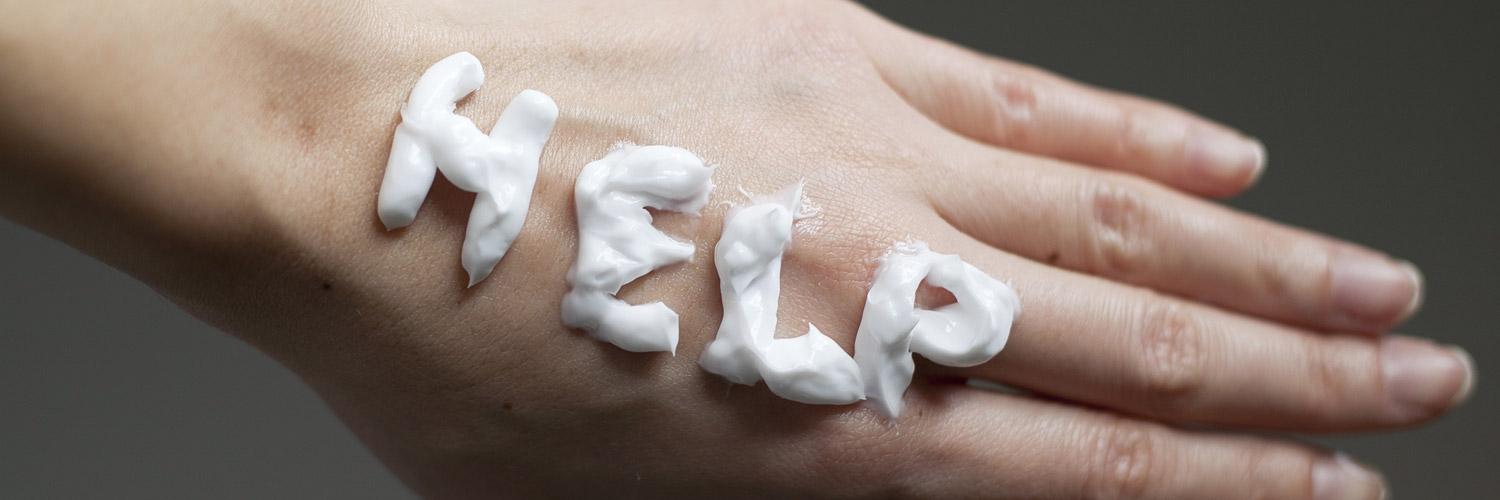Do you channel a crocodile as your spirit animal during the winter months? As the temperatures outside plummet and the heat kicks on in the house, skin that was once comfy and cushy during the humid summer months may now begin to launch an all out itch attack.
The outer layer of your skin is uniquely designed to protect you head to toe, and it typically does it’s job in a spectacular manner. But the rigors of increasingly dry outdoor air and cold winds, combined with drier air indoors due to forced heat through your furnace, can wreak havoc on its ability to retain moisture.
Without this necessary moisture, your skin can become compromised and develop dry, itchy patches and painful, unsightly cracks—especially on your hands and feet. Skin conditions such as eczema and psoriasis that are sometimes held at bay during the summer months may creep back into your life in a very unwelcome way. The dewy days of summer may quickly seem like a faint memory as you lather on lotion and try to acclimate to the new itchy you.
Whether you suffer from just a bit of uncomfortable dryness or battle with infuriatingly parched skin over every inch of your body, the solution to alleviate this discomfort is to introduce humidity back into your living environment. Your body’s outer layers will gratefully receive the added moisture as your hydrated skin begins to perform more efficiently.
How do you know your home needs more humidity? The most accurate way is to purchase a digital hygrometer, which measures the humidity levels in your home. (You can pick one up at your local hardware store or on Amazon.) Humidity in certain rooms such as the kitchen and bathrooms may fluctuate wildly throughout the day as they are used, so for the most accurate reading, measure the moisture levels in a bedroom or living room.
Aiming for 30%-50% humidity is a good place to begin if you are experiencing issues with dry skin. You can achieve this in a variety of ways, but the most effective method is via a whole-house humidifier, which helps achieve consistent moisture throughout your home. Portable humidifiers are okay at keeping individual rooms hydrated, but nothing does the job as well as one that’s fully integrated into your HVAC system.
It’s also worth noting that the benefits of a whole-house humidifier don’t just go skin deep. Balancing your home’s humidity levels can help ease respiratory conditions, alleviate snoring and dry eyes, and keep winter colds at bay.
If you think your home would benefit from more humidity this winter, give us a call. We are happy to come out to test your air and come up with a solution that’s right for you and your skin!
